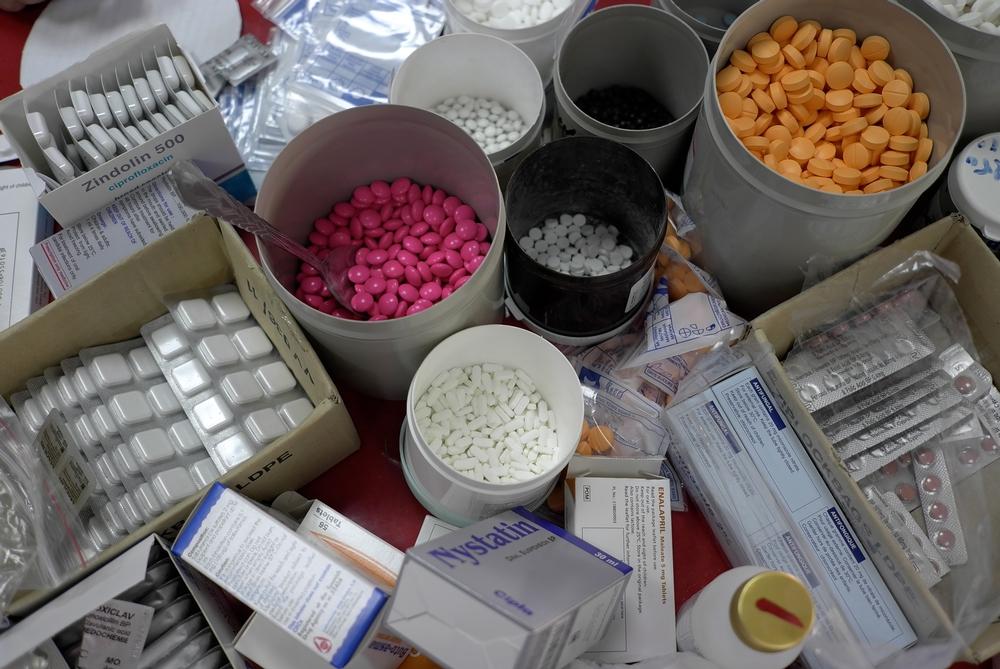
Antimicrobial resistance: MSF raises awareness on one of this century’s major public health challenges
In 1 click, help us spread this information :
On World Antimicrobial Awareness Week (from the 18th to the 24th of November), Médecins Sans Frontiers (MSF) is bringing attention to antimicrobial resistance as one of the world's biggest health challenges, with medicines becoming increasingly ineffective to treat infections.
Antimicrobial resistance is one of the world's biggest health challenges, with medicines becoming increasingly ineffective to treat infections. Nevertheless, lack of awareness and insufficient documentation in the absence of a global data collection system continue to prevail. A 2016 report issued by the British government estimated that by 2050 up to 10 million persons could lose their lives due to antibiotic-resistant bacteria.
One of the challenges faced by MSF is the lack of quality data in how resistant organisms are in the places that we work.
In order for us to give targeted treatment to the organisms, we need quality data in order to be able to target these infections specifically. Anita Williams, Antibiotic Resistance Research Advisor at LuxOR Operational Research Team based in Beirut (Lebanon).
“In my role with LuxOR, we do research to fill this gap. Analyzing our microbiology data and publishing it in scientific articles not only so that we can improve our treatment options, but that others in the area can also improve this. Not only do we do this, but we also look at other aspects to antimicrobial resistance, such as infection prevention and control, prescribing habits of our clinicians and environmental health and vaccination issues. All of these things can help us target antimicrobial resistance and serve our patients better”, explains Williams.
What is Antimicrobial resistance?
Bacteria, viruses, and parasites constantly develop to ensure their sustainability. They have massively adapted to the available treatments and medicines, undermining their ability to prevent and treat infections. This results in developing an antimicrobial resistant infection. The microbes’ ability to survive the drugs used against them is called “Antimicrobial Resistance”.
Several factors lead to the development of antimicrobial resistance, including the unregulated use of antimicrobials without prescription and improper infection control measures, random prescription of medicine, low-quality medicines, lack of appropriate diagnostic and monitoring tools, and insufficient awareness. In most cases, pharmacies don’t require a prescription to sell drugs, allowing people to self-medicate. Some doctors do not practice antimicrobial stewardship and prescribe unnecessarily or wrongly. These practices lead to the development of antimicrobial resistant organisms that don’t respond to medicines.
If bacteria are resistant to multiple antibiotics, treating the infection becomes very difficult or even impossible. Only when the antibiotic-resistant bacteria are eliminated can the patient's next bacterial infection be treated with antibiotics